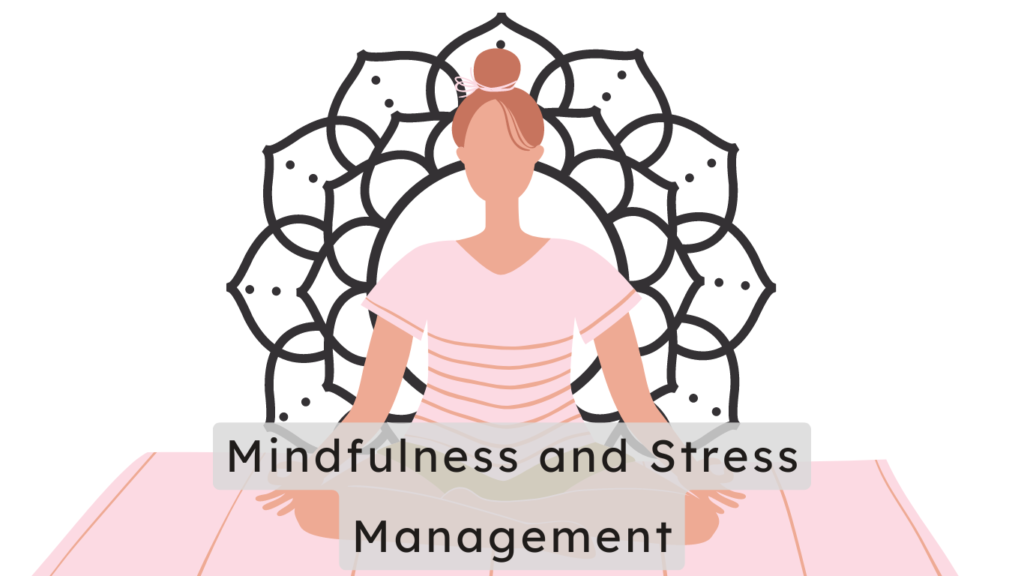Can Yoga Reduce Weight?
Can Yoga Reduce Weight? Exploring the Benefits Yoga is often associated with flexibility and mindfulness, but can yoga help with weight loss? Absolutely! By combining physical poses, controlled breathing, and mental focus, yoga promotes a balanced approach to health and well-being. Here’s how yoga can support weight loss and improve overall fitness. How Yoga Helps in Weight Loss 1. Burning Calories While yoga may not burn as many calories as high-intensity workouts, certain forms like Vinyasa, Power Yoga, and Ashtanga are physically demanding. These styles can boost your metabolism and increase calorie expenditure. 2. Building Muscle Tone Yoga involves holding poses that strengthen muscles. Stronger muscles enhance your metabolism, helping you burn more calories even at rest. 3. Improving Digestion Specific yoga poses, such as Twists and Forward Folds, stimulate digestion, which can aid in weight management. A healthy digestive system ensures better nutrient absorption and waste elimination. 4. Reducing Stress Stress often leads to overeating or unhealthy cravings. Yoga focuses on mindfulness and stress reduction, which can help control emotional eating and promote a healthier relationship with food. 5. Enhancing Mind-Body Awareness Practicing yoga improves self-awareness, helping you recognize hunger and satiety cues. This mindful eating approach can prevent overeating and support weight loss efforts Shedding pounds Best Yoga Styles for Weight Loss If your goal is to lose weight, consider incorporating the following yoga styles into Vinyasa Yoga: Offers a dynamic flow of poses that keeps your heart rate up Managing weight. Power Yoga: Builds strength and endurance while burning calories Fat loss. Hot Yoga: Practiced in a heated room, it promotes sweating and calorie burn. Yoga Poses for Weight Loss 1. Sun Salutations (Surya Namaskar): A sequence of poses that improves flexibility and boosts Metabolic boost calorie-losing weight. 2. Warrior Pose (Virabhadrasana): Strengthens your core and lower body. 3. Boat Pose (Navasana): It engages abdominal muscles and tones your core. 4. Bridge Pose (Setu Bandhasana): Strengthens the glutes and back while improving metabolism. Combining Yoga with a Healthy Lifestyle While yoga benefits weight loss is most effective with a balanced diet and regular physical activity. Hydration, proper sleep, and consistency in your practice are essential for sustainable results. Conclusion Yoga is not just a workout; it’s a holistic approach to health that supports weight management and overall well-being. By practicing yoga regularly and pairing it with mindful eating and a healthy lifestyle, you can achieve your weight loss goals while improving your mental and physical health.










